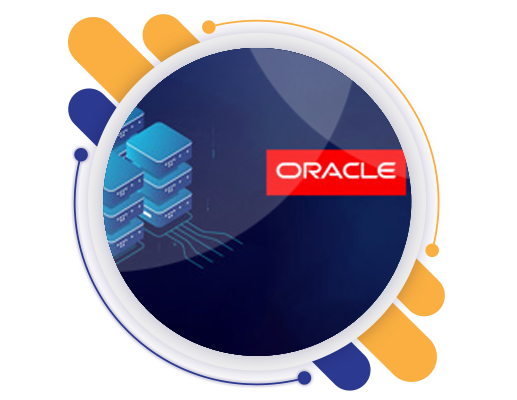"SMEClabs" is a registered trademark of SMEC Automation Pvt. Ltd. © 2024 SMEClabs All rights reserved

78%
Alumni Career Transitions
5200+
Hiring Partners
60%
Avg Salary Hike
22
Years of R & D in Syllabus
Oracle database is the number one database in the world. More than 90% of companies use Oracle software. It is very crucial to get a trained person to manage the Oracle database. Therefore, Oracle provides a certification program to widen the knowledge in managing this software. Oracle certification also validates the skills which use real-world scenarios and assess the ability to think and perform.
Oracle Certified Associate (OCA) includes the basic concepts and DBA skills required for daily performance. SMEClabs helps you to build a strong base in the field of Oracle database management and development. The classes are given by our industry experts who have proven work experience in the field. Best Oracle SQL Developer Course Training and Certification Best Oracle SQL Developer Course Training and Certification. Empower your skills.
** The above is the lite syllabus and doesn’t cover the full syllabus. To get full syllabus Book a Free Demo Now

Certifications & Accreditations






Mode of Training
135+ hours
Learning Content + Practicals
As a fresher you need to develop different skills. SMEClabs helps you to develop the required skill set and will make you eligible for the job.
To learn you don’t need any prior experience in coding. This is similar to SQL server and other databases. It operates by using SQL with PL/SQL extensions. It is easy to learn if you have a basic knowledge in SQL and Linux.
There is a high priority in the job market. As per the current strategies, DBA OCA is increased by 11% which is higher than the other available jobs.
A basic knowledge in programming languages like C#Java is a plus point. Most of the time, the job doesn’t require coding.
Several tasks includes installing Oracle software, creating Oracle Databases toi new release, starting up and shutting down the Oracle database.
SMEC, one of India’s first worldwide EPC contractor company globally recognized for its distinctive services specifically in Marine & Industrial Automation, Instrumentation, Electrical, Pneumatics, Hydraulics and Mechanical sectors which started its journey in 2001. It has a R&D and training division SMEClabs which caters job-oriented training in various domains which helps an aspiring engineer /fresher or professionals to get a jump start to their career.
SMEClabs
INDIA
2nd Floor Kaloor Bus stand Complex Cochin.
Ph: +91 9958873874
[email protected]
"SMEClabs" is a registered trademark of SMEC Automation Pvt. Ltd. © 2024 SMEClabs All rights reserved